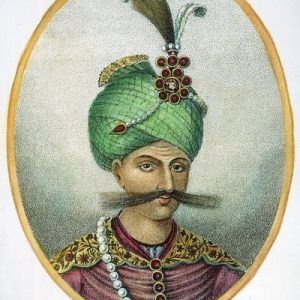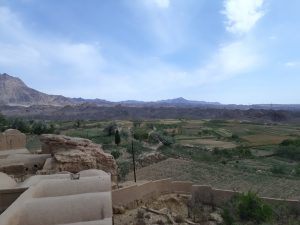Choose the Axiom III

by Carl Pierer In the first part of this essay, the axiom of choice was introduced and a rather counterintuitive consequence was shown: the Banach-Tarski Paradox. To recapitulate: the axiom of choice states that, given any collection of non-empty sets, it is possible to choose exactly one element from each of them. This is uncontroversial…




